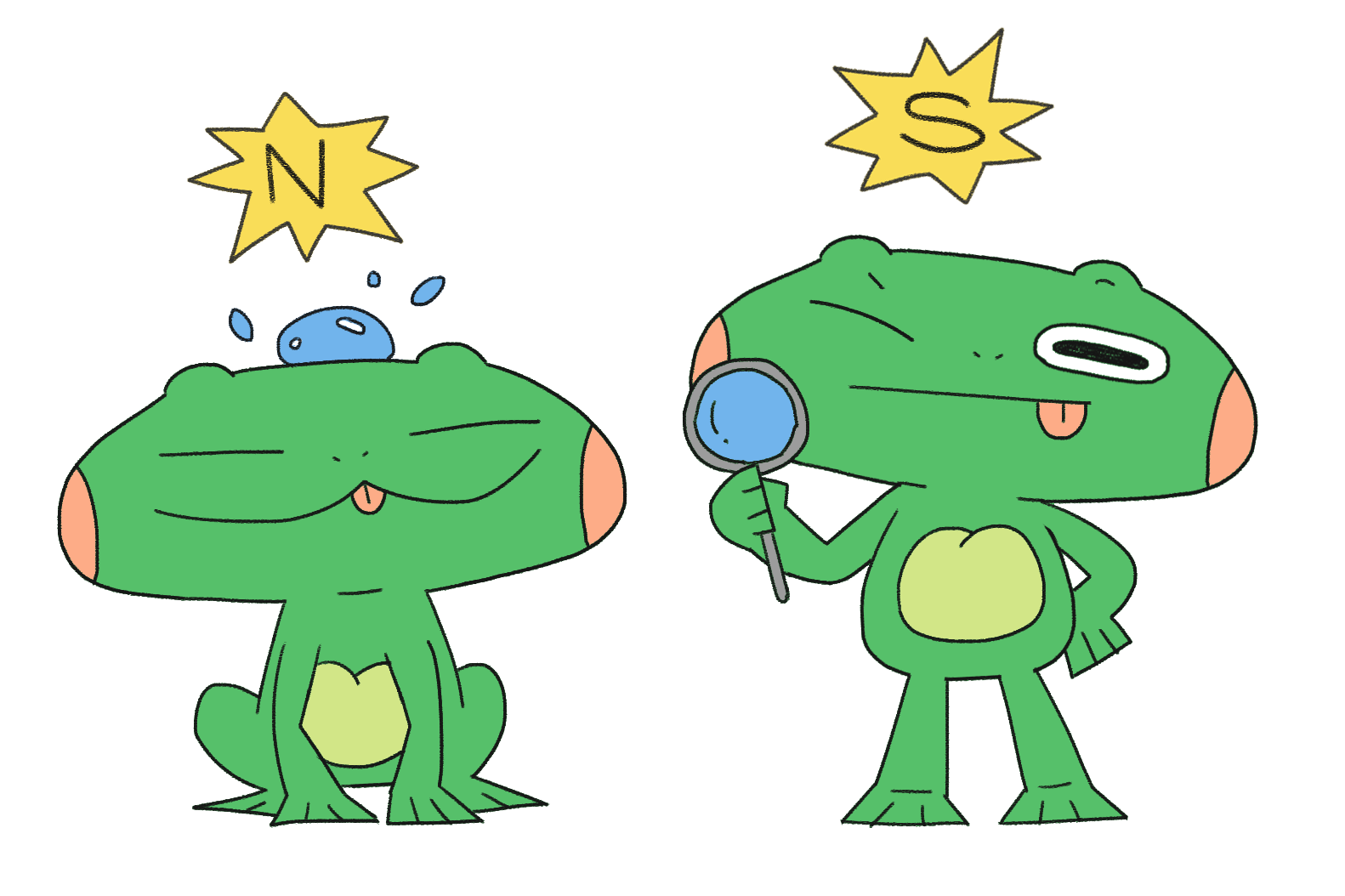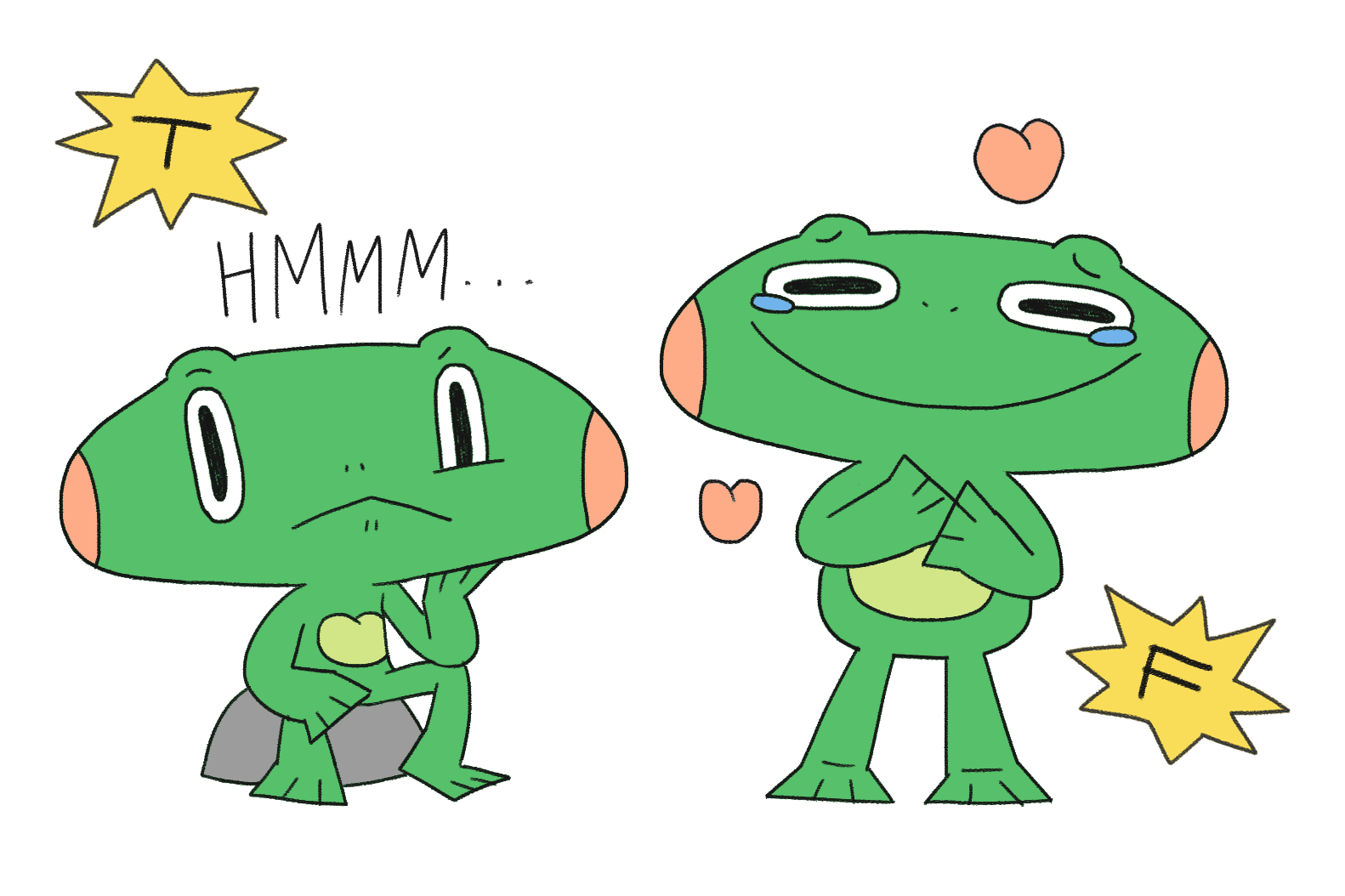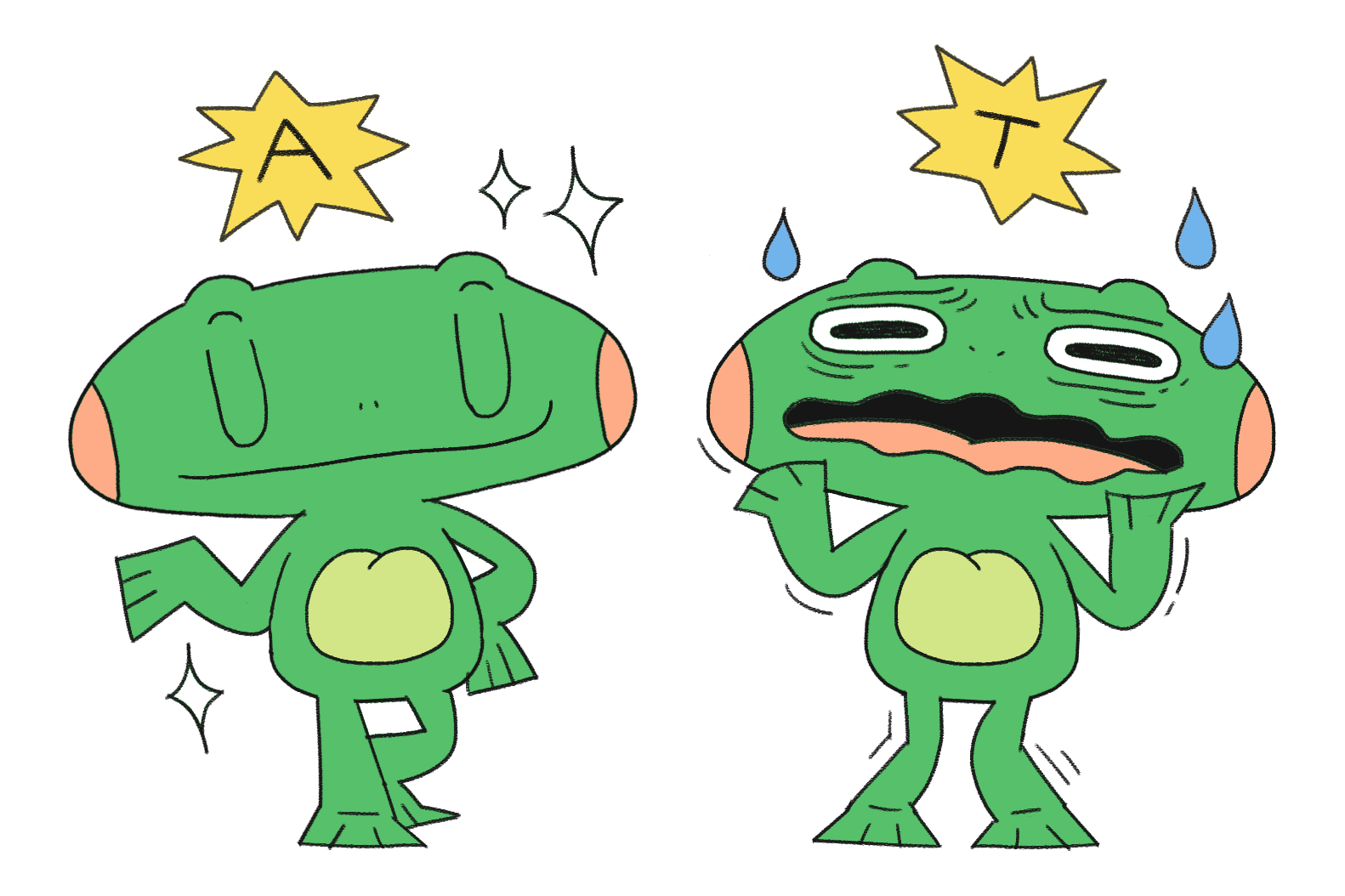With the year coming to a close, it’s about that time when people reflect on their growth throughout the year.
As a personality type enthusiast (with a self-declared major in the Myers-Briggs Type Indicator (MBTI) personality inventory) I’ve been itching to write a piece on personal and character development.
For those who are unfamiliar with MBTI, it is a personality assessment test.
How am I growing in each of my traits, even in my non-dominant ones?
There are 16 different types made up of a combination of 4 letters representing dominant traits, and within each type there are two variations dependent on the Assertive/Turbulent trait (I’ll break it down further later).
Although I am a proud ENFP-A, I have often asked myself: How am I growing in each of my traits, even in my non-dominant ones?
With that, here is a breakdown of each of these traits and some questions to go along with that will challenge us to grow.
Extroversion (E) and Introversion (I)

Extroverts are often the life of the party and can usually be found in the middle of a crowd. They recharge by gaining energy from interacting with people around them and enjoy engaging with their environment.
Nevertheless, a common weakness among extroverts is that many just can’t sit still. They can often become bored easily if they aren’t engaging in any activity, which could result in them impulsively doing things just for excitement.
Extroverts (E): How can you learn to intentionally be still, and rest?
Introverts (I) are known for being good listeners, and their sensitivity to their environment makes them more perceptive to different situations.
But unlike their extroverted counterparts, Introverts find social interactions to be draining and prefer to recharge by spending time alone. Environmental stimuli like loud noise can frustrate and upset them easily.
Introverts (I): How can you learn to step more out of your comfort zone to interact with people in new environments?
Intuitive (N) vs observant (S)

Intuitive (N) individuals are perceptive, and often ponder the questions of “what if?”. They like complex ideas and are inclined to attribute deeper meaning to everything. They rely on their “gut feel” more than pure observations, and can be sharp at picking up subtle cues.
Unfortunately, Intituitives may have a tendency to overthink things. This can happen when they try to decipher deeper hidden meanings behind something purely arbitrary — only relying on gut feel can be inaccurate.
Intuitive (N) individuals: How can you learn to perceive without crossing the line into overthinking?
Observant (S) individuals tend to rely on observable facts and patterns rather than their own intuition. They are more pragmatic and prefer action over talk.
Unfortunately, their straightforward approach and over-reliance on only the obvious can lead them to miss what is more implicit, and they can sometimes seem oblivious to the more subtle social cues, or miss more complex ideas behind a seemingly simple problem.
Observant (S) individuals: How can you learn to be more perceptive and consider deeper possibilities?
Thinking (T) vs Feeling (F)

For the more logical Thinking types, they tend to stick to the “head over heart” rule of thumb when making decisions, which makes them wonderful people whenever difficult but objective decisions must be made.
However, their preference to not make decisions based on their emotions sometimes might cause them to see those who do as being weaker decision-makers.
For the Thinkers: How can you better show compassion to someone who is struggling emotionally?
Warmth and compassion are often the trademarks of people with Feeling types. They care deeply and show concern for those they cherish and hold dear.
Unfortunately, people with the Feeling rather than Thinking trait are more inclined to be overly concerned about the welfare of others, which sometimes fuels their people-pleasing tendencies.
As such, they more often will suffer from emotional damage and emotional burnout from caring too much.
Feelers: How can you set reasonable emotional boundaries to guard your hearts better?
Judging (J) vs prospecting (P)

Judging (J) individuals like sticking to a schedule. They need to have multiple backup plans for different scenarios. Their attention to detail makes them excellent at developing meticulous and actionable plans. They are usually neat and prize order.
However, they can be high-strung since they may be easily stressed by the unexpected — any deviations from their plans makes them feel that everything is spiralling out of control.
Judging (J) individuals: How can you learn to be slightly less uptight and surrender the need for control?
As for the Prospecting (P) individuals, their flexibility enables them to adopt a more carefree approach to life, since they prefer to figure things out along the way and generally believe that life is full of possibilities. They tend to be creative and their minds move quickly.
Unfortunately, sometimes this trait can cause them to be more absent-minded and disorganised due to the lack of a clear plan, which can often result in a chaotic scramble to improvise on the spot.
They may have problems committing to and following through with something because of the plethora of other available options.
Prospecting (P) individuals: How can you learn to be more organised and commit fully to something you embark on?
Assertive (-A) vs Turbulent (-T) – the lesser-known last letter of the MBTI

Assertive individuals are generally self-assured and confident, which makes it easier for them to move on from past mistakes and not dwell on them.
They are relatively more emotionally stable and less affected by stress because they are optimistic about things working out well in the end.
However, this can result in over-confidence sometimes, and the complacency can rob Assertives of the ability to slow down and learn from past mistakes which they would normally just brush off and forget about.
Assertive (-A) individuals: How can you learn to reflect on and learn from past mistakes?
Turbulent individuals are generally more sensitive to problems than their assertive counterparts.
It can be extremely helpful because their attention to problems enables them to nip them in the bud before they become much more serious.
Unfortunately, if they are not careful, this focus on problems can eat them up and result in them being hung up over even small mistakes, resulting in being unable to let go of the baggage of past regrets.
Turbulent (-T) individuals: How can you learn to move forward from the regrets of the past?
I’m pretty sure some of you would now be wondering: What was Jesus’s MBTI?
While my personal opinion is that He was an INFP-A, I believe He was everything at once.
Our God is un-boxable and is infinitely greater than anything we can imagine. That is why Christlikeness is the highest model we can and must aspire to.
So don’t feel too boxed up into a type; MBTI is really more of a spectrum than a one-size-fits-all thing.
And while there are so many variations, there is no one personality type that is superior to the rest.
It’s not about pitting them against each other or ranking personality types, but rather learning to grow holistically because all traits have their own merits.
After all, each person contributes in their own special way, and it is precisely this diversity (and unity) that makes the Kingdom so interesting!
- Have you done a personality type quiz before?
- How do those results help or hinder you when it comes to living your life?
- What is one promise of God you can stand upon as you seek to grow into the new year?









